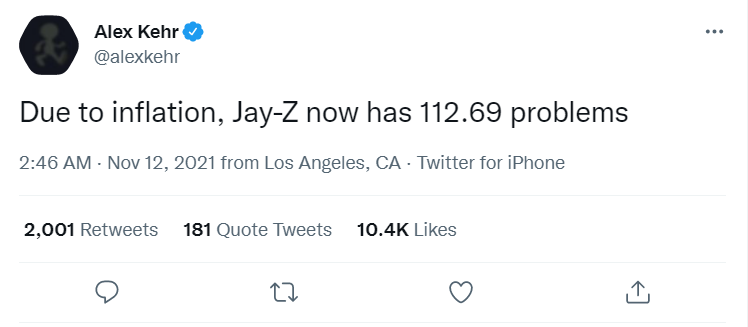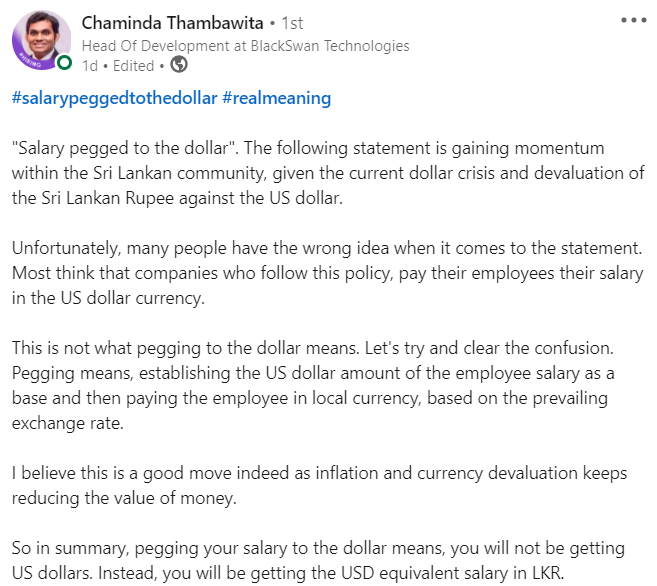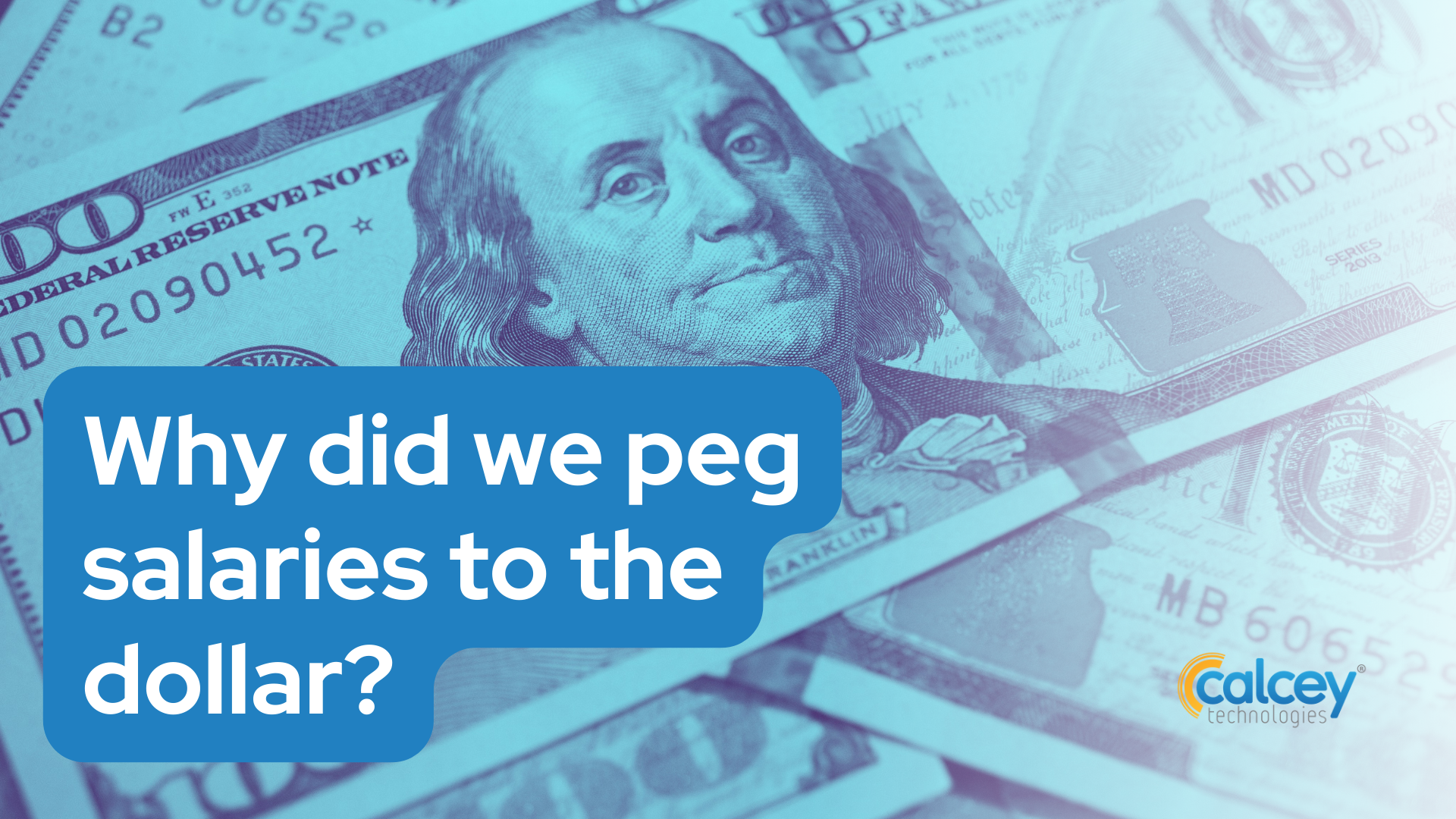A few weeks ago, we gave our people the opportunity to have their salaries pegged to the US dollar. It turned more than a few heads, and lots of people asked us why we did so.

I also saw a fair share of criticism from some people. I don’t know why, so my knee-jerk reaction would have been to respond with something like this:

However, now that I’m older and (hopefully) wiser, I slept over it, and decided to write this blog post instead.
Why did we peg salaries to the dollar? Simply because it was the right thing to do.
“To avoid criticism do nothing, say nothing, be nothing” – Elbert Hubbard
Sri Lanka is home to our development center. The country’s economy is going through a really rough patch at the moment. And with inflation hitting all time highs even in the US, I don’t need to tell you how a frontier market like Sri Lanka is doing.

Raghuram Rajan, (Economist, Professor at Chicago Booth, and one time RBI Governor) once said that inflation is a tax which affects the poor the worst. He’s right. Inflation reduces your disposable income while you sleep.
As a founder, I don’t want our people to feel the heat of rising prices, just because a central banker or politician miles away is bad at his job. And companies with unhappy people don’t stay in business for too long either.
As an exporter of services, Calcey benefits from a depreciating rupee as we bill in dollars and pay in rupees. By giving our people the option to peg their salaries to the US dollar, all we’re doing is sharing the benefit we gain from a depreciating currency with our team so they may sleep easy at night. Our salary pegging scheme is entirely voluntary, and we went so far as to offer it to all current employees who originally didn’t opt-in to the pegged salary scheme. We let them opt-in even after the Sri Lankan rupee was devalued overnight. At Calcey, we absolutely love the talented rock stars who work with us.
Calcey has a flat hierarchy and a no B.S. culture. The request for inflation-protected salaries first came from our own employees, and we acted fast to respond. We take so much pride in buying fair trade products, so why shouldn’t an employer show that same sense of fairness to its people? After all, they’re the reason we’ve been in business for the last two decades.

The main reason why we opted to peg salaries is because local labor laws prohibit us from paying people in other currencies. Even if we somehow found a way, those funds will still be subject to mandatory conversion rules. By pegging salaries, people will still get all their statutory benefit payments while their incomes are protected from inflation. Win-win!
We’re proud that we’ve been able to do this at Calcey, and we will gladly shout about it from the rooftops. If all employers in Sri Lanka decide to do this, we will be overjoyed about being able to blaze a trail in our own little way. We hope all peers who follow our path apply the pre-devaluation exchange rate to calculate base salaries in the interest of fairness.
If you’re reading this, and you don’t work at Calcey (yet), I invite you to come join us. We’re hiring! If you join us before May, your base salary (for pegging purposes) will be calculated at the pre-depreciation rate of 198.50. We will also let you work on multiple awesome projects in a flexible, remote-first work culture, and much more ✌
-Mangala
Mangala Karunaratne is the founder and CEO of Calcey.
